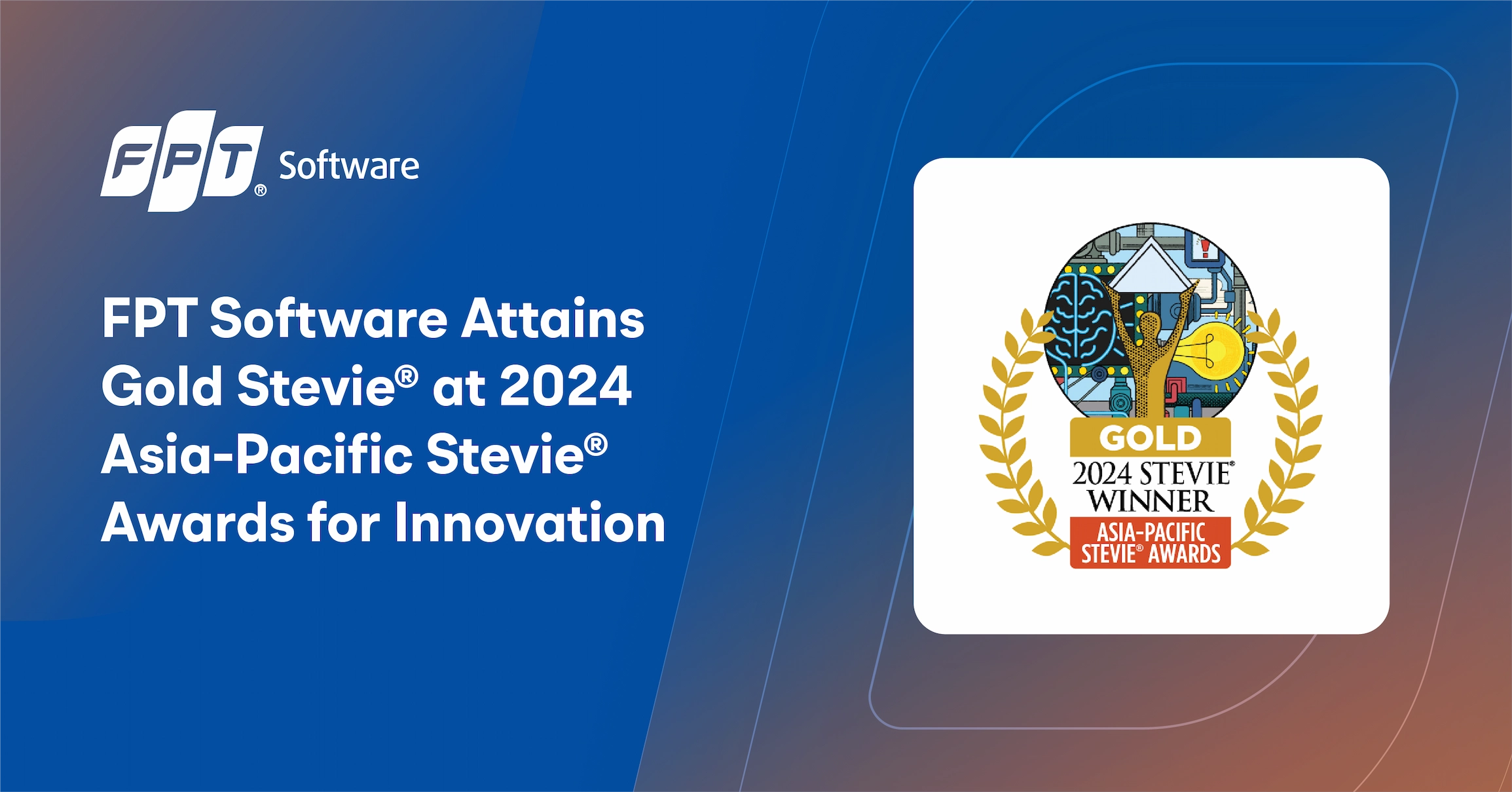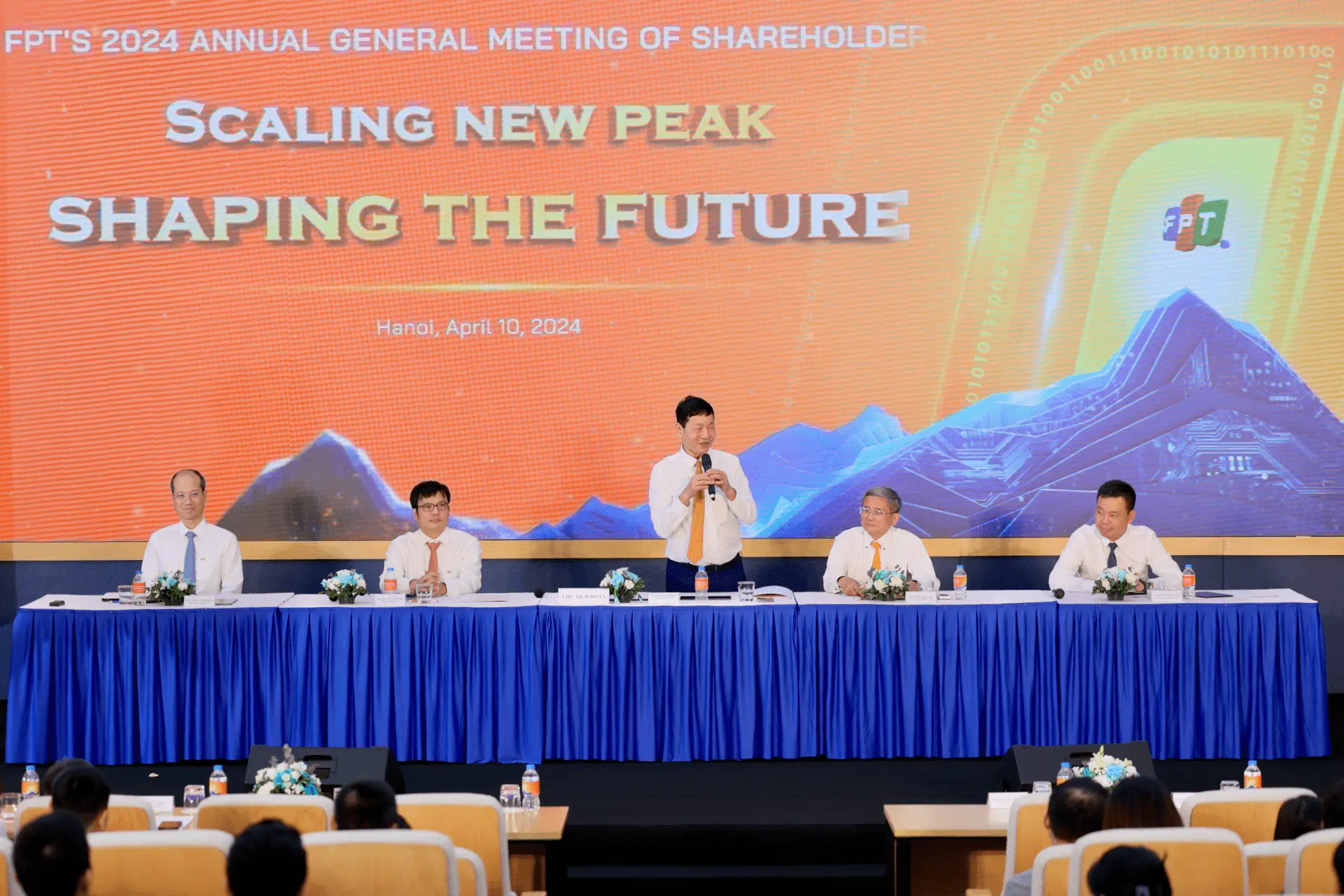A robot development project has just been completed between FPT Software and world’s leading aeronautics and space company Airbus, with the goal of designing a humanoid robot acting as a receptionist.
The robot, named Pepper, has been programmed to greet and engage with visitors coming to Airbus Japan’s office. The human-shaped robot features a touch-screen panel allowing visitors to select several options. Visitors can check-in on Pepper by scanning a QR code, which will then inform an Airbus’s employee about guest’s arrival with an e-mail and a notification on the computer desktop. The robot can also entertain and interact with visitors during their waiting time.
According to FPT Software, Pepper is developed by NodeJS, AngularJS and Python, the popular programming languages for Pepper robot. Additionally, the robot backend & API are completely deployed on AWS, a cloud computing platform. In this project, FPT Software is responsible for providing end-to-end solution: consulting, designing, developing and deploying. The company will scale up the project by adding Voice Over Internet Protocol and phone call features to Pepper in the future.
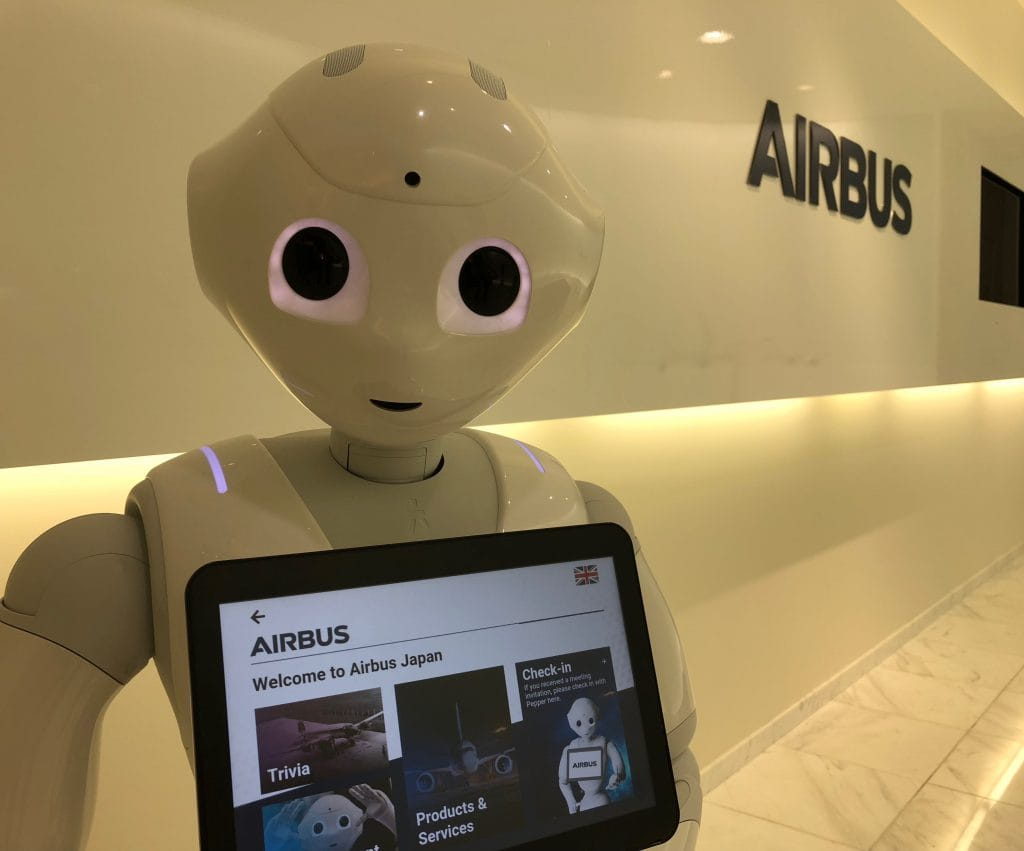
The robot is developed with the aim of automating basic repetitive administration work, helping Airbus achieve better outcomes for business and reinventing the customer experience. FPT Software is hoping that the collaboration will contribute to Airbus’s plan of increasing the level of automation and robotics.
The robot development project has not only enhanced the current cooperation but also generated new business opportunities between FPT and Airbus. “I’m delighted with FPT’s winning this project, through which FPT’s capabilities are demonstrated and entrusted by a world aviation pioneer. Said Mr. Nguyen Dang Khoa, Delivery Manager. “We have completed Phase 1 successfully. Phase 2 with additional features for Pepper is being planned and will be developed soon this year”.
Prior to this robot development project, FPT has cooperated with Airbus in implementing Proof of Concepts (PoCs) since February 2017. Thereafter, the two companies have collaborated in various projects related to digital mobile applications, website crawling system, etc.








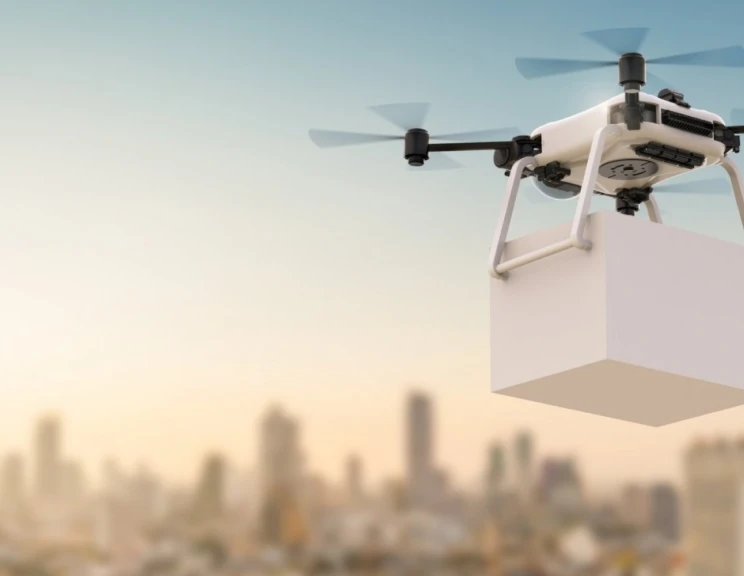






















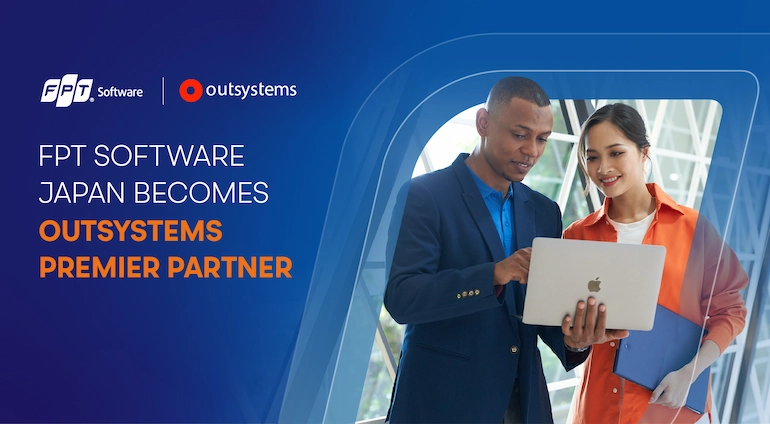
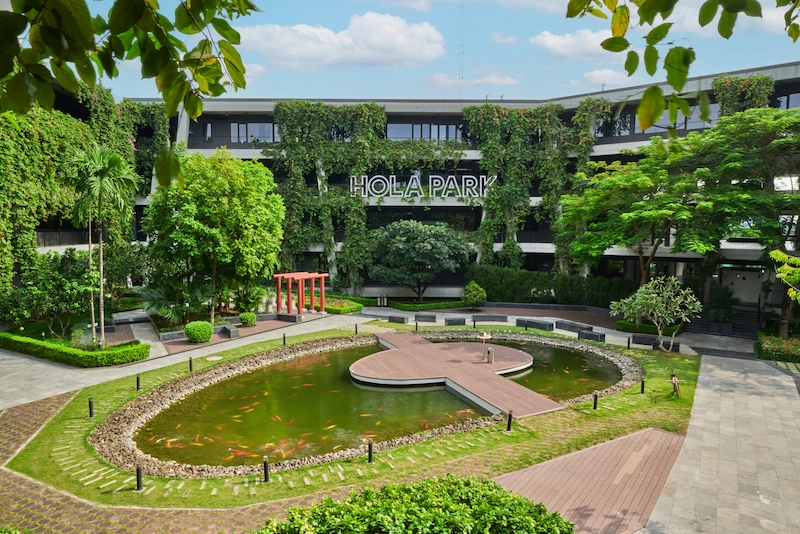
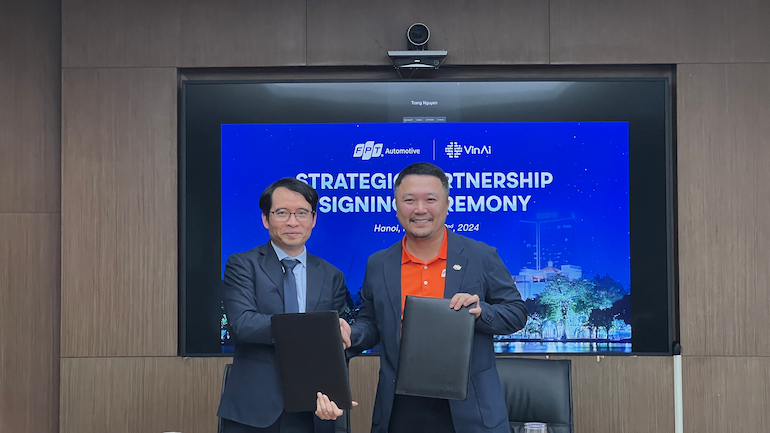
.webp?modified=20240202074007)

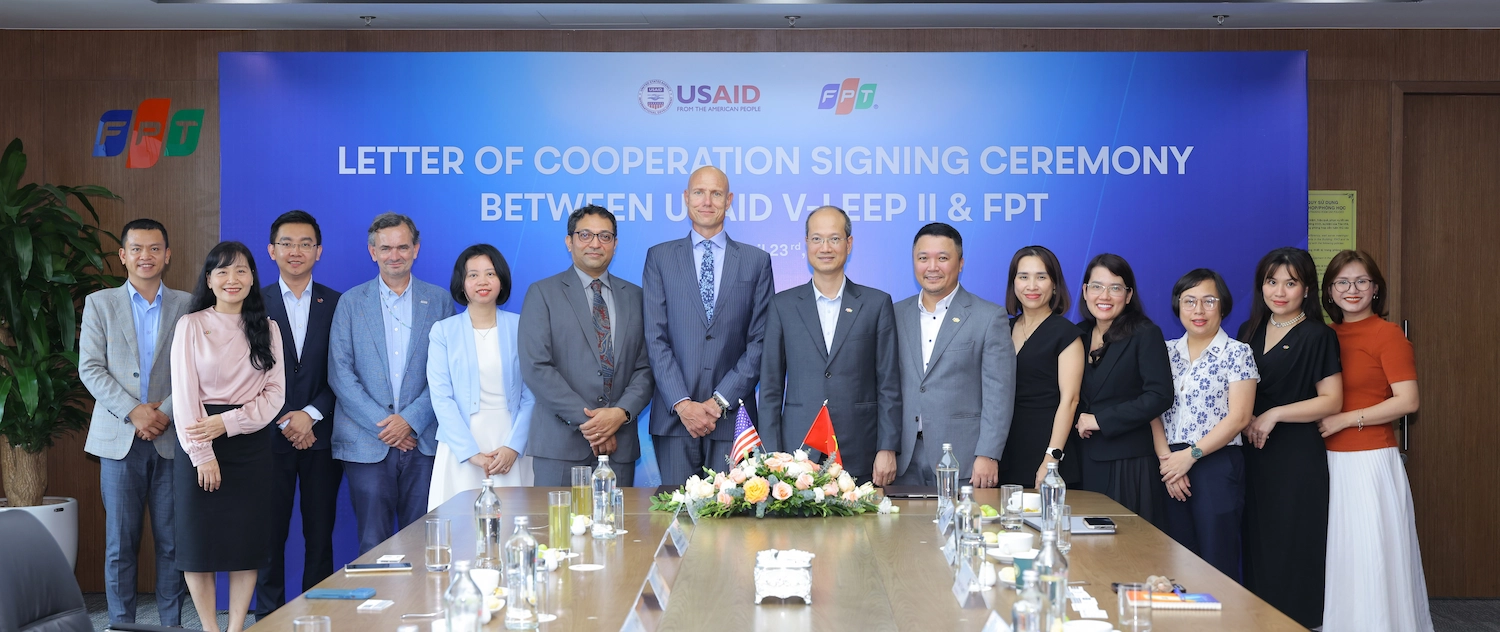
.webp?modified=20240423064956)
